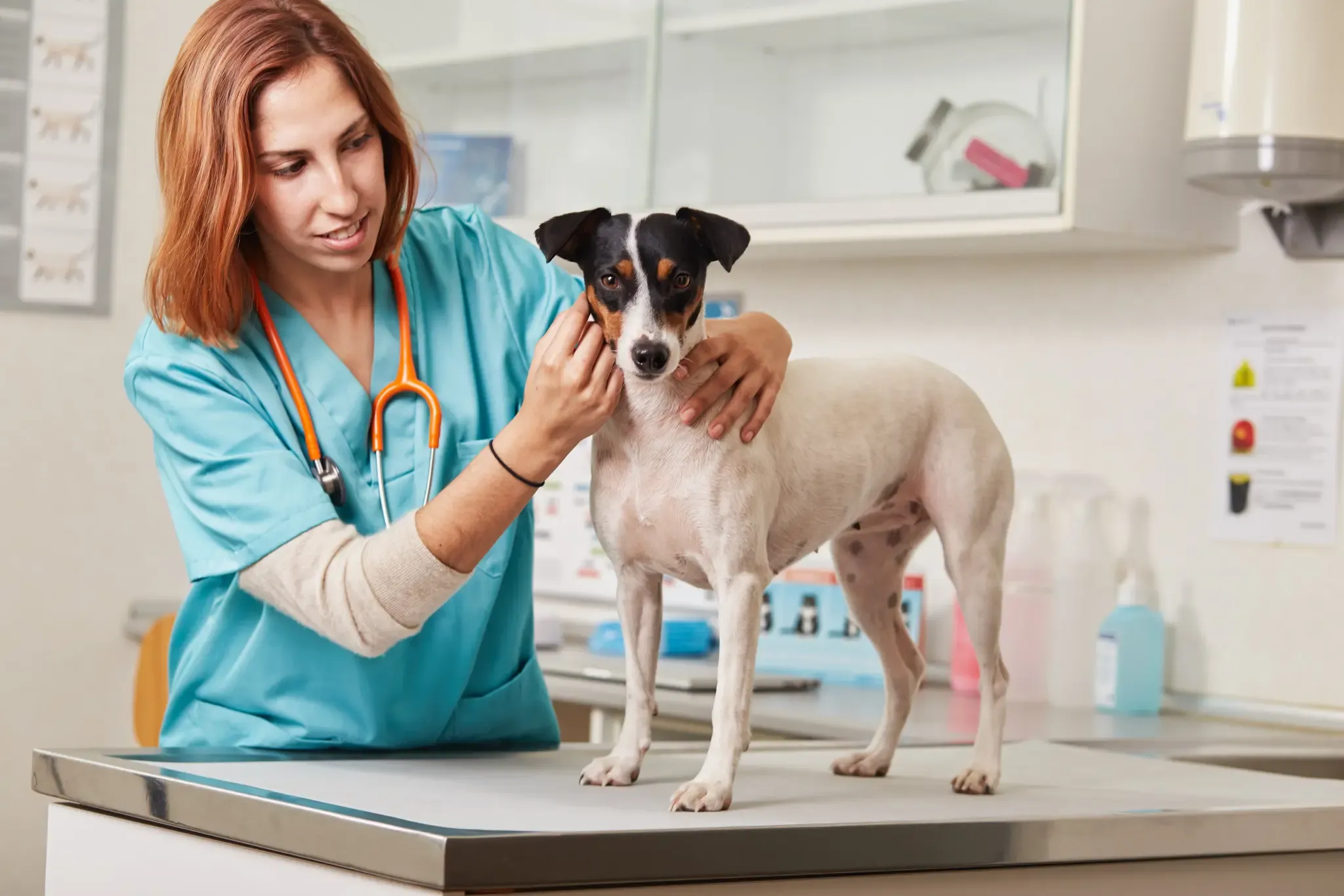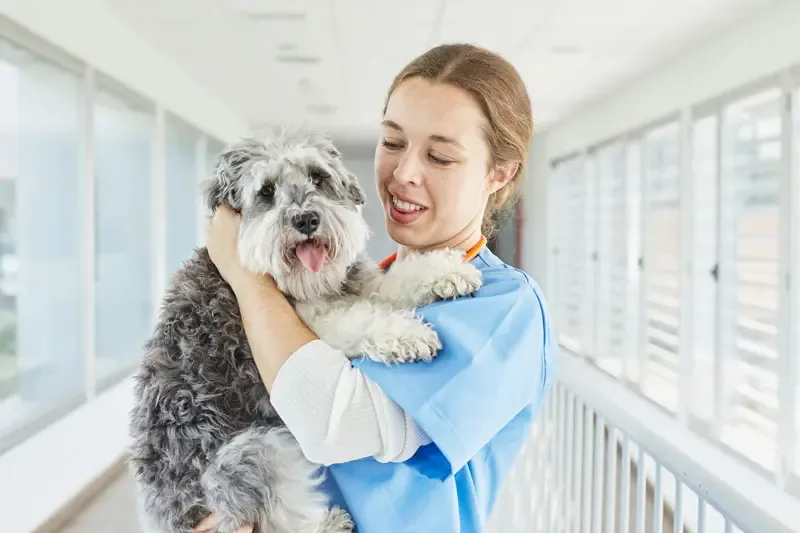What causes canine infectious tracheobronchitis?
Kennel cough is a highly contagious disease
It is caused by extremely contagious viruses. They spread in the form of aerosols or through direct contact. Consequently, it is very common among agglomerations of dogs, particularly in kennels, which is why it is called kennel cough . Nevertheless, dogs living alone in a household without any neighbouring animals can still get infected, as transmission can occur simply walking or playing with other animals.
These viruses only cause respiratory infections, as they do not spread to or compromise any other organs. After infecting respiratory tissues, they produce inflammatory lesions in the bronchioles. These lesions can go onto to develop superinfections secondary to another bacterial pathogen.
Signs of canine infectious tracheobronchitis
The clinical signs include a very notable, paroxysmal cough which can be stimulated by palpating the animal’s throat. The characteristic feature of the cough which differentiates it from others is its deep, dry tone; it is reminiscent of an animal with something stuck in its throat. The cough may even cause retching or minor vomiting.
Kennel cough may also be accompanied by fever. The disease pattern generally lasts between 3 and 7 days. It occurs most frequently in puppies. Young dogs also present more severe manifestations as their immune system is underdeveloped.
Evolution and treatment of canine infectious tracheobronchitis
CITB is a self-limiting disease and almost all dogs recover by themselves without having to start any treatment. If any inflammatory lesions are complicated by a secondary bacterial infection, then they should be treated with an empiric, broad-spectrum antibiotic therapy.
Vaccines with strains of parainfluenza virus and adenoviruses prevent the onset of canine tracheobronchitis. However, the Bordetella vaccine is more effective. Dogs previously infected with CITB have a long-lasting immunity.
Canine tracheobronchitis has an excellent prognosis due to its self-limiting course without requiring treatment. But it is important to remember that there is a potential for secondary bacterial infections during the course of the disease which will require attention.
Be careful with puppies
Puppies are more likely to suffer from kennel cough given the immaturity of their immune systems. Attempts can be made to stimulate immune system development either directly, by feeding puppies an immunonutrient supplemented diet, or indirectly, by feeding the mother nucleotides which puppies will receive through their mother’s breast milk.








